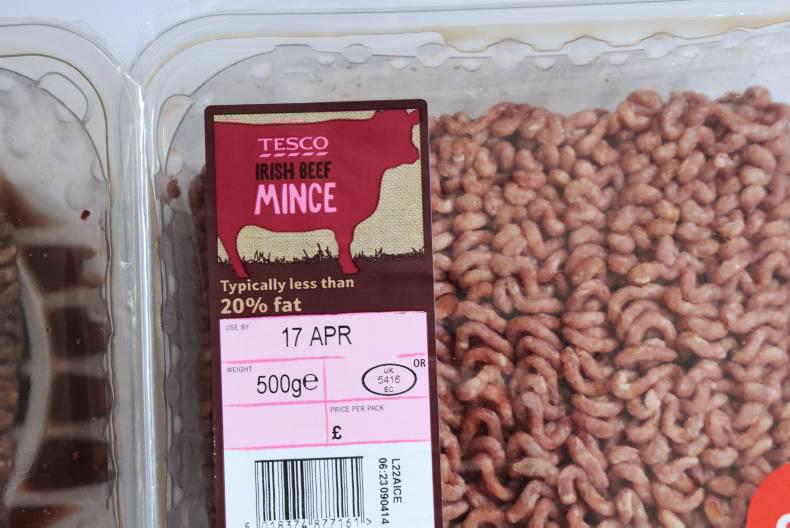Minister Coveney correctly highlights the benefits in providing choice and clarity for consumers with labelling.
However, for Irish beef farmers it is ironic that EU legislation has had a negative impact on their businesses by restricting the market for Irish cattle which is the total opposite of what the EC is supposed to be about.
The fact that UK supermarkets won’t carry a beef product line that includes cattle that have spent part of their lives on both Ireland and the UK frustrates the store cattle trade to Northern Ireland.
Supermarkets argue that they are happy to carry two labels, a UK and Irish range, but won’t be persuaded to carry a third range which would be a “mixed origin” range. Retailers say one of the ways discount retailers can achieve a lower cost base than traditional supermarkets is by carrying a smaller range of products with less choice but lower process for consumers. Therefore, by having a strict labelling system in place, market opportunities for Irish beef farmers are restricted.
A reverse trade for lambs to store cattle has been in place for many years with 369,000 lambs coming down from Northern Ireland in 2014.
These are mainly going straight to factories for processing and while the new labelling rules won't impact on fresh non-preplaced sales they will impact if these lambs are broken up and sold to supermarkets in retail packs.
Logically this will present the exact same difficulty as presently exists with stores going north, i.e. persuading supermarkets to carry an extra product line. For lambs from Northern Ireland sold on as carcasses as is usually the case with French sales, there are no implications beyond the current requirement to have a full traceability system in place.






 This is a subscriber-only article
This is a subscriber-only article











SHARING OPTIONS: